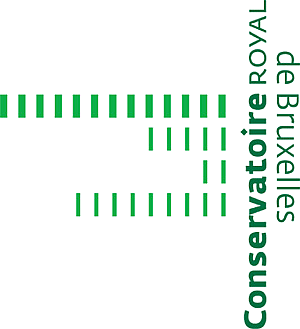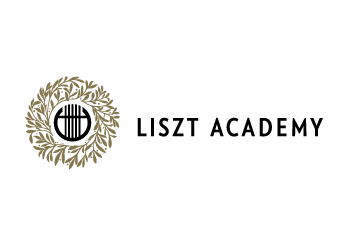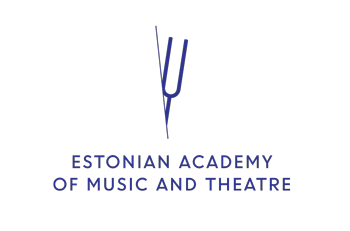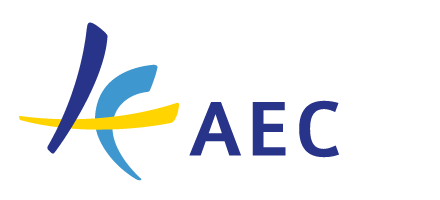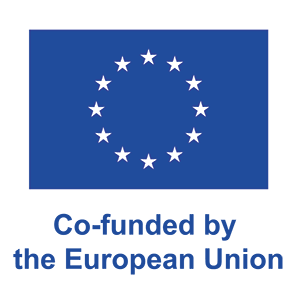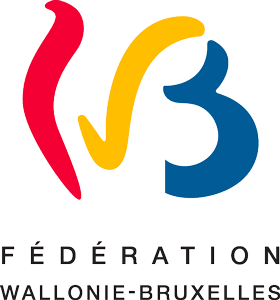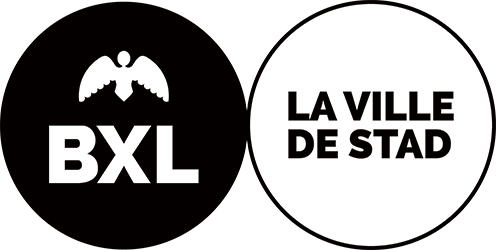The cantorial movement – the older form of the chorale movement – is associated on the one hand with numerous composers of the late 16th and 17th centuries, among them Michael Praetorius, Melchior Vulpius, Hans Leo Haßler, Johann Hermann Schein and Johann Crüger; the arc spans from Lucas Osiander (1586) to Gottfried Vopelius (1682). On the other hand, the cantional movement offers insights into fundamental movement techniques, beginning with the consonant movement and its elementary prerequisites, above all the “tables”, which offer a basic movement technique for other areas such as harmony. In the second part, the central chapters on ending, harmony and composition are followed by dissonance treatment and chromaticism as extensions of the stylistic spectrum. The book concludes with analyses of selected movements from the entire period of the cantorial movement. More than 600 musical examples guarantee a practice-oriented course that is especially recommended for school and church musicians, composers and musicologists, but also for practitioners, experts and lovers of “early music”.
Be a part of our european project !
This European project (KA 203 Strategic Partnership) created by Salvatore Gioveni promotes cross-border collaboration in the field of Music Theory through sharing knowledge and transferring pedagogical innovation. It thus responds to a lack of centralised source and framework to deepen reflection by means of cross-disciplinary study at European and international level.
There is a significant wealth of educational practices from one country to another in this sector, especially in terms of harmonic musical notation and analysis. However, HMEI's are facing the nonexistence of a European network for pedagogical staff in Music Theory so far. To improve the situation, the project will among other things develop several intellectual outputs such as Online Platform (IO 1), an EU Bibliography (IO 2), a Repository Courses (IO 3), a Multilingual Glossary (IO 4) and an Exchange Online Learning Platform.
Besides the Conservatoire royal de Bruxelles as leader and manager of the project, the following partner institutions are involved: Music Academy S. Moniuszki Gdańsk (Gdańsk, Poland), F. Liszt Academy of Music Budapest (Budapest, Hungary), Estonian Academy for Music and Theatre (Tallinn, Estonia), HfMTh "Felix Mendelssohn Bartholdy" (Leipzig, Germany).
 | 2025
| 2025
